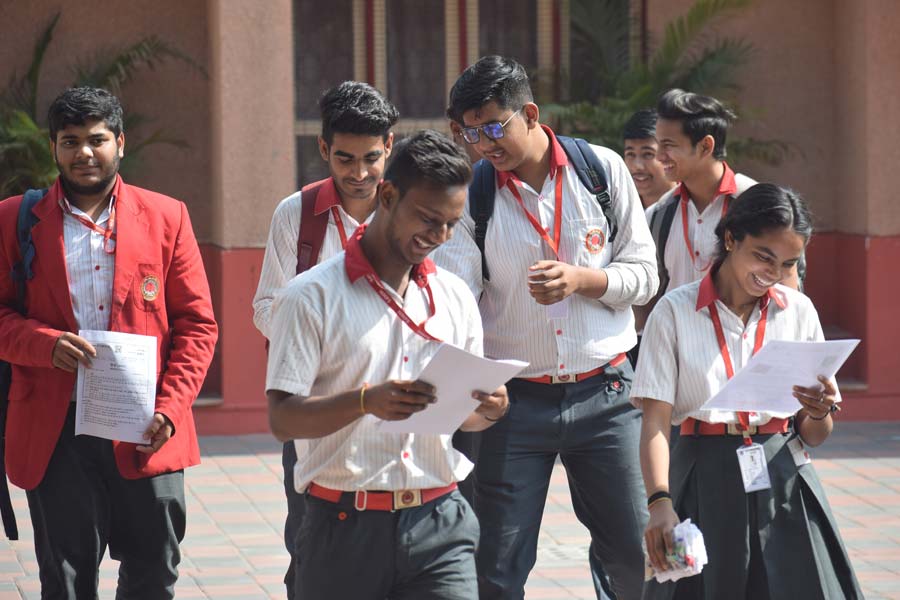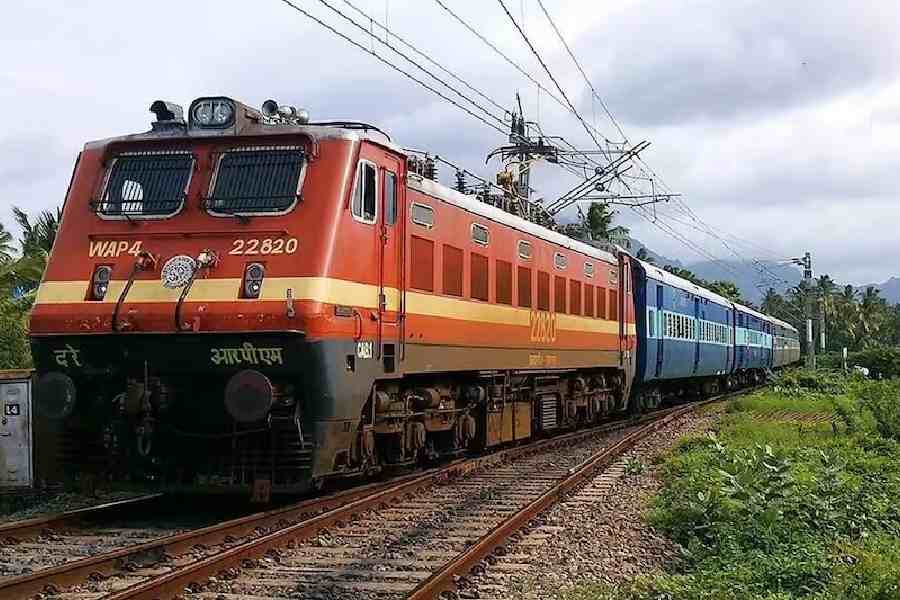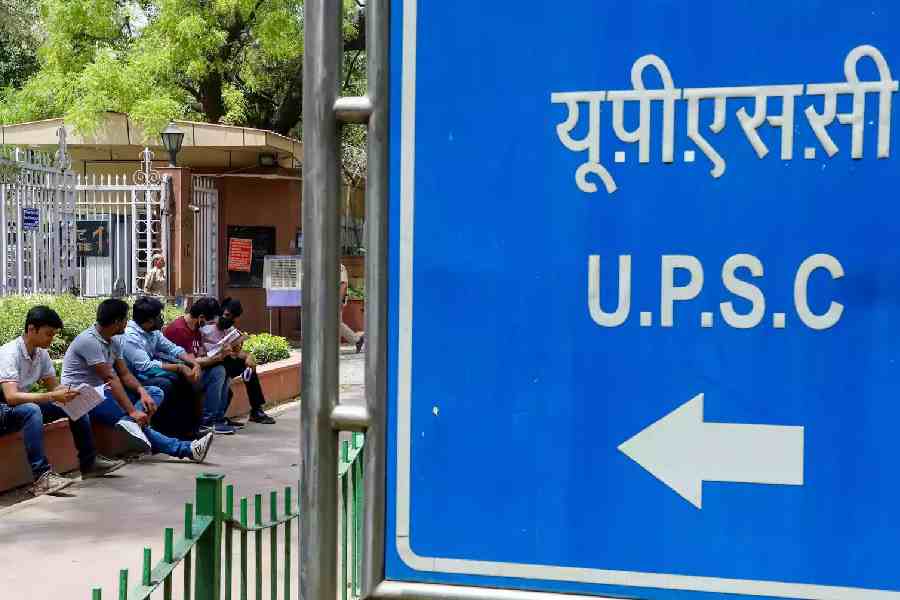Public Policy is the study of how policies are formulated to help and benefit people. Policymakers conduct extensive research on a variety of issues and topics to develop policies. For instance, the need for stronger healthcare policies was acutely felt at the onset of the COVID-19 pandemic.
Why take up a career in Public Policy
- A chance to bring about positive changes: Public Policy enables you to address critical problems and find solutions to improve the situation.
- Exposure to the grassroots level: You get to understand the political mechanism from ground up, leading to the formulation of specific measures for the betterment of society.
- Policymakers are in high demand: There’s a huge need for Public Policy experts in all sectors of development and national economies. The demand will only increase as we move towards more open societies and global integration.
Skills you need in Public Policy
- Critical thinking.
- An eye for detail to carry out intensive research work.
- The ability to collect and analyse data.
- Excellent communication skills for advising lawmakers, administrators and other stakeholders.
Some colleges that offer UG courses in Public Policy:
St. Joseph’s College (autonomous), Bengaluru
- Course name: BA in Journalism, International Relations and Peace studies, Public Policy (JIP).
- Eligibility: You need to clear your Class XII board exams from any stream with 50% aggregate.
- Duration: Three years.
- Specifics: This course offers triple honours in Journalism, International Relations and Public Policy at the college level.
Jindal School of Government and Public Policy, Haryana
- Course name: BA (Hons) in Social Science and Policy
- Eligibility: You need to pass your Class XII board exams from any stream with 60% aggregate. You should also clear the JSAT Entrance Test and personal interview.
- Duration: Three years.
- Specifics: It is a fully residential programme, which offers introduction to real-world practices through internships and research and project work.
Postgraduate courses:
An undergraduate degree in any discipline makes you eligible for a master’s degree in Public Policy. Several colleges select candidates through entrance exams based on the knowledge of the subject and grasp of current affairs.
Some top institutes for a postgraduate degree in Public Policy:
Tata Institute of Social Sciences (TISS), Hyderabad
- Course name: MA in Public Policy and Governance.
- Eligibility: You have to graduate from a recognised university with a minimum three-year degree or its equivalent to appear for the TISS Entrance Examination. Your admission will be based on your performance in the entrance test and personal interview.
- Duration: Two years.
- Specifics: The course offers interdisciplinary expertise, methodological skills and field experience, enabling students to understand the basics of accountable governance.
Jindal School of Government and Public Policy, Haryana
- Course name: MA in Public Policy
- Eligibility: You need a bachelor's degree from a recognised university in India or abroad. You have to get through the Public Policy Entrance Test (PPET) and a personal interview.
- Duration: Two years.
- Specifics: The course takes an interdisciplinary approach, allowing students to address current political, economic and social issues.
St. Xavier’s College, Mumbai
- Course name: Master’s in Public Policy (MPP).
- Eligibility: You need to have an undergraduate degree in any discipline with at least 50% marks. Your admission will be based on the varsity entrance test followed by a personal interview.
- Duration: Two years.
- Specifics: The course focuses on Foreign Policy and Urban Planning.
National Law School of India University (NLSIU), Bengaluru
- Course name: Master’s in Public Policy (MPP).
- Eligibility: You need an undergraduate degree in any discipline with at least 50% marks. Admission will be based on your score in the Policy Aptitude Test (PAT) and your performance in the personal interview.
- Duration: Two years.
- Specifics: This course offers papers in Economics, Law, Sociology, Finance, Indian Society, Political Economy and Public policy.
Azim Premji University, Bengaluru
- Course name: MA in Public Policy and Governance
- Eligibility: You need an undergraduate degree in any discipline from a recognised university. Your admission will be based on the varsity’s entrance test, followed by a personal interview.
- Duration: Two Years .
- Specifics: This programme is a mix of lectures, seminars, workshops and field trips.
IIT Bombay, Mumbai
- Course name: Master’s in Public Policy (MPP)
- Eligibility: You need a postgraduate degree or a four-year bachelor’s degree in Arts, Commerce, or any equivalent discipline with at least 55% aggregate.
- Duration: Two years.
- Specifics: This programme is offered by the Centre for Policy Studies (CPS) at IIT Bombay.
Apart from these courses, colleges like Mount Carmel College in Bengaluru, TERI School of Advanced Studies in New Delhi and Adamas University in West Bengal offer MA courses in Public Policy.
Management courses in Public Policy:
- IIM Bangalore: Postgraduate Programme in Public Policy and Management (PGPPM)
- IIM Kozhikode: Executive Postgraduate Certificate in Public Policy Management (EPGCPPM)
- Indian School of Business (ISB) Hyderabad: Advanced Management Programme in Public Policy (AMPPP)
Postgraduate fellowships in Public Policy:
Postgraduate fellowships in Public Policy, such as Gandhi Fellowship and Young India Fellowship, have become quite popular. These fellowships offer first-hand experience to students interested in this field, giving them the chance to work in sectors like rural education, rural development and state governance. Any graduate from any stream is eligible to apply for these fellowships.
Some job roles with a degree in Public Policy
- Political analyst/consultant: They identify existing issues and problems faced by a politician or a political party. They work on such issues and offer solutions and suggestions to improve them.
- Public affairs manager: They thoroughly investigate different policies and their impact on society and organisations. They monitor how a policy has been impacting lives after its implementation.
- Policy researcher: They conduct comparative studies and analyse strategies to develop better policies.
- Chief administrative officer: They work in corporations, supervising and managing various aspects of the business. They are in charge of daily operations and report to their superiors on a variety of issues.
Lobbyist: They work with politicians, government officials and legislators. Their role is to persuade these leaders to implement various policies.










